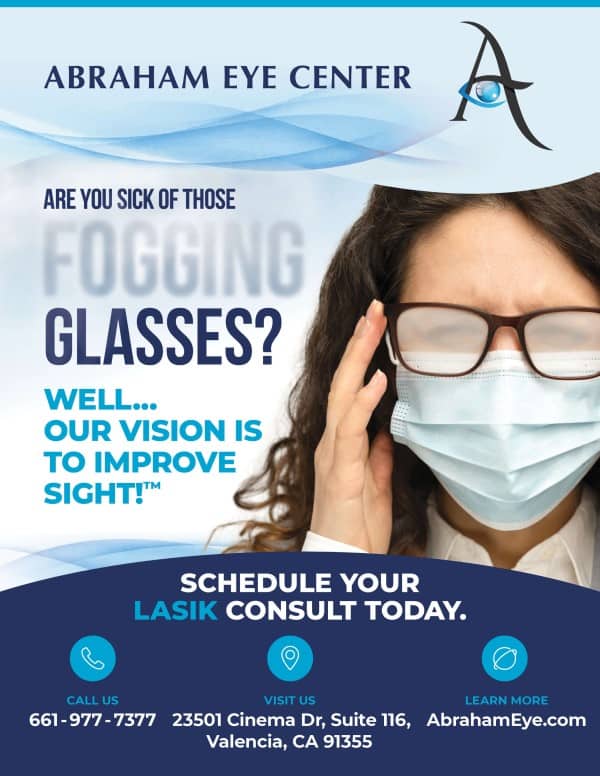3 Things to Know About LASIK Surgery
LASIK is the most common refractive surgery performed in the United States each year. This procedure can correct nearsightedness, astigmatism, and farsightedness. LASIK surgery is considered a very safe procedure and has various benefits. The biggest advantage of LASIK is the reduction of the need for glasses or contact lenses. Most people seek refractive surgery to reduce their dependence on glasses or contact lenses. While LASIK does have risks associated with the surgery and with the post-operative recovery period, for many individuals the benefits greatly outweigh the risks.
What is LASIK?
LASIK is an acronym for laser-assisted in situ keratomileusis. This term describes the type of surgery that is performed.
The laser in LASIK is used to ablate a small amount of the cornea and change the power of the eye and the clarity of the vision.
The cornea is the biggest factor in focusing light in the eye and by removing a small amount of the tissue from the cornea, the surgeon is able to alter how the eye focuses.
In LASIK, a flap of tissue is cut and peeled back to expose the stroma. The stroma is then ablated using a precise laser. The flap of tissue is then replaced and sealed.
This allows the LASIK procedure to be performed with minimal risk for infection after the surgery since the flap covers the entire cornea and the actual wound is not exposed.
Who Can Benefit from LASIK surgery?
LASIK is a common procedure that can routinely benefit almost anyone who wears glasses or contact lenses.
The two biggest factors in determining whether an individual is a candidate for LASIK are the amount and type of prescription and the individual’s age.
Individuals with a very high nearsighted, farsighted, or astigmatism prescription may not be a candidate for LASIK.
Even those with relatively minor prescriptions may be limited by the thickness of the cornea. Prior to LASIK, the corneal thickness is measured and evaluated.
Another major factor in LASIK candidacy is the age of the individual. Anyone under the age of 18 is not considered a candidate because the potential for a change in the refractive power of the eye is too high at these young ages.
Benefits of LASIK surgery
For anyone who has worn glasses or contact lenses consistently, the simple fact of not needing either for clear vision can be a major benefit.
Activities such as swimming, active sports, and even sleeping can become much easier and less cumbersome without the need for glasses or contact lenses.
Another benefit of LASIK can be improved vision if the individual has had difficulty with contact lens fitting and comfort.
For those who cannot wear contact lenses, LASIK becomes one of the only alternatives to full-time glass wear.
These benefits are also able to be applied to a specific individual and their circumstances, is it difficult to go from the bed to the bathroom without contacts in, or do contact lenses cause irritation prior to the end of the day?
LASIK can provide lifestyle benefits like these to many people.
Dr. Nathan Abraham and the staff of the Abraham Eye Center specialize in cataract surgery, LASIK, PRK, and various corneal surgeries. Call our ophthalmologist in Valencia, CA today at 661-977-7377 or schedule an appointment online if you are interested in LASIK surgery. Our eye doctor provides only the highest quality eye care and surgical services amongst eye doctors in the Valencia California area.
Request Appointment
You can schedule your next appointment with us online!
Connect With Us
Let’s continue the conversation over on your social network of choice.


0 Comments